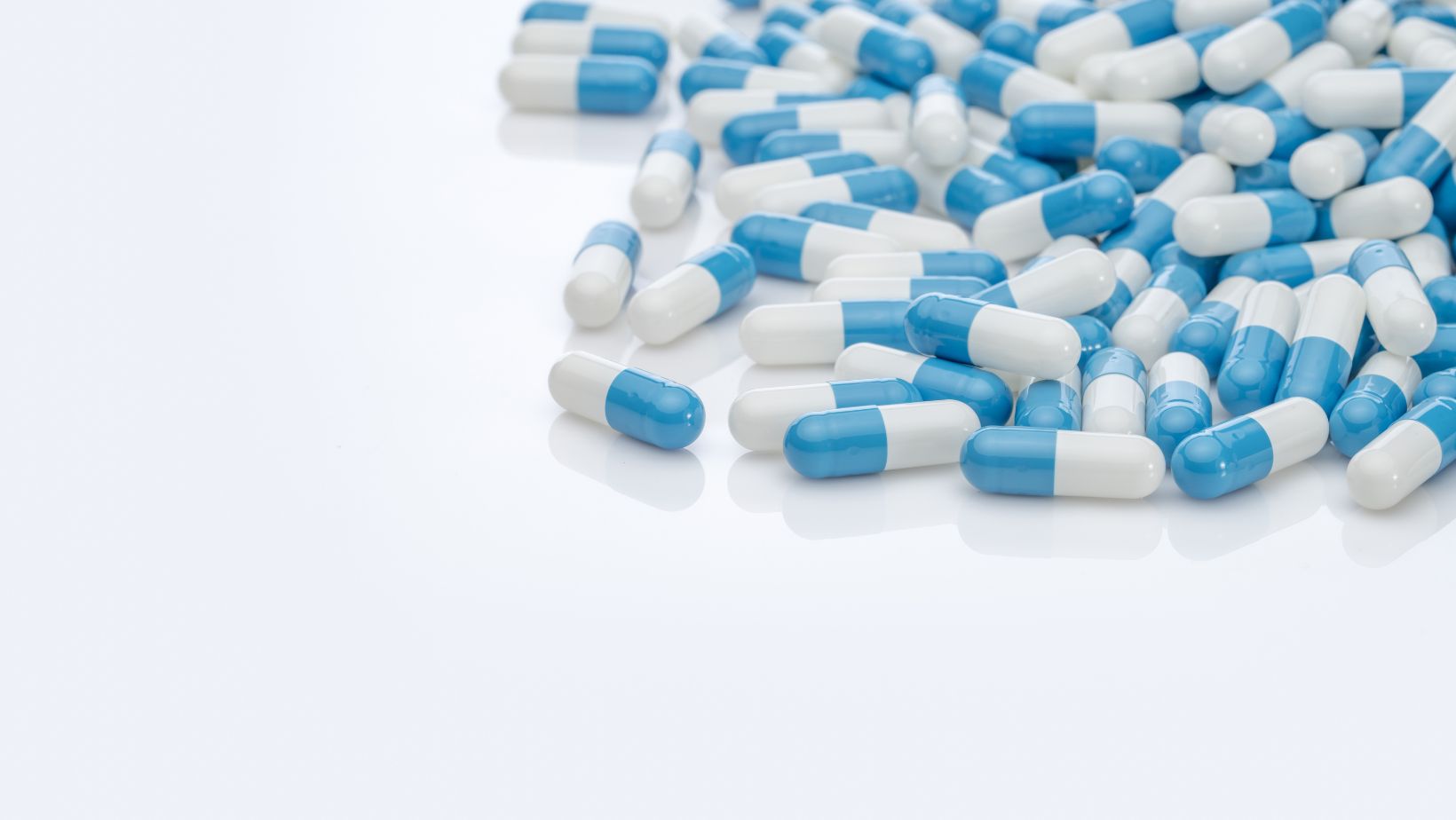
The intersection of health and lifestyle choices often prompts questions about the compatibility of certain habits with medical treatments. A common query is, “Can you drink on antibiotics?” This article aims to unravel the truth behind this question, exploring the potential risks and considerations associated with combining alcohol and antibiotic medications.
Understanding Antibiotics
Antibiotics are medications designed to treat bacterial infections by either killing the bacteria or inhibiting their growth. These medications are vital in combating various diseases, from respiratory ailments to skin infections. It’s essential to follow prescribed antibiotic regimens diligently to ensure the effectiveness of the treatment.
The Alcohol and Antibiotics Conundrum
The notion of abstaining from alcohol while on antibiotics stems from concerns about potential interactions between the two. Both substances undergo processing in the liver, leading to the belief that combining them may strain the liver and compromise the efficacy of the antibiotics. However, the relationship between alcohol and antibiotics is nuanced, and the impact varies based on the specific antibiotic and individual health factors.
Understanding Antibiotic Classes
Different classes of antibiotics interact with alcohol in distinct ways. It’s crucial to categorize antibiotics and assess their compatibility with alcohol consumption:
- Penicillins and Cephalosporins: Antibiotics such as amoxicillin and cephalexin belong to these classes. The consensus is that moderate alcohol consumption does not significantly interfere with the effectiveness of these antibiotics.
- Fluoroquinolones: Antibiotics like ciprofloxacin and levofloxacin fall into this category. Alcohol can enhance the side effects of these antibiotics, such as dizziness and drowsiness. It’s advisable to avoid alcohol during treatment.
- Metronidazole and Tinidazole: These antibiotics treat certain bacterial and parasitic infections. Combining them with alcohol can lead to severe reactions, including nausea, vomiting, and headaches. It is strongly discouraged to consume alcohol while taking these medications.
Risks of Drinking Antibiotics
The risks of drinking alcohol while on antibiotics can vary depending on the specific antibiotic prescribed and individual health factors. Here are some general risks associated with consuming alcohol during antibiotic treatment:
- Reduced Effectiveness of Treatment: Excessive alcohol consumption can compromise the immune system and hinder the body’s ability to fight infections. While moderate alcohol intake may not directly diminish the efficacy of some antibiotics, heavy drinking can potentially weaken the overall effectiveness of the treatment.
- Increased Side Effects: Alcohol can interact with certain antibiotics, intensifying side effects such as dizziness, drowsiness, nausea, headaches, and stomach upset. These heightened side effects can contribute to an unpleasant and uncomfortable experience for individuals on antibiotic medications.
- Liver Strain and Potential Damage: Both alcohol and many antibiotics are metabolized in the liver. Excessive alcohol consumption, especially in conjunction with certain antibiotics, can strain the liver and potentially contribute to liver damage over time. Individuals with pre-existing liver conditions should exercise extra caution.
- Interference with Medication Absorption: Alcohol can interfere with the absorption of some antibiotics in the digestive system. This interference may impact the concentration of the antibiotic in the bloodstream, potentially affecting its efficacy.
- Risk of Adverse Reactions: Certain antibiotics, such as metronidazole and tinidazole, can cause severe adverse reactions when combined with alcohol. These reactions may include symptoms like nausea, vomiting, rapid heartbeat, and flushing. It is strongly advised to avoid alcohol entirely when taking these medications.
- Impact on Overall Health: Drinking alcohol can have systemic effects on the body, including dehydration and immune system suppression. Combining these effects with the physiological stress of fighting an infection may compromise the body’s ability to recover.
Factors to Consider
Navigating the intersection of alcohol and antibiotics requires careful consideration of various factors to ensure optimal health outcomes. Here are key factors to keep in mind:
- Type of Antibiotic: The first and foremost factor to consider is the specific class of antibiotic prescribed. Different antibiotics interact with alcohol in diverse ways. Understanding the characteristics of the prescribed antibiotic is crucial in evaluating the potential risks.
- Individual Health Status: Personal health factors play a pivotal role in determining the impact of alcohol on antibiotic treatments. Considerations such as liver function, overall health, and pre-existing medical conditions should be considered. Individuals with compromised liver function may be more susceptible to the adverse effects of combining alcohol and certain antibiotics.
- Dosage and Frequency: The prescribed dosage and frequency of antibiotic intake are essential factors to consider. Strict adherence to the recommended regimen ensures the antibiotic achieves its intended therapeutic effect. Deviating from the prescribed dosage or frequency may compromise the effectiveness of the treatment.
- Severity of the Infection: The severity of the bacterial infection being treated is a significant consideration. In mild infections, where the immune system can play a substantial role in recovery, the impact of alcohol on antibiotics may be less critical. However, for more severe infections requiring potent antibiotics, minimizing potential interactions becomes crucial for optimal treatment outcomes.
- Potential Side Effects: Understanding the potential side effects of both the antibiotic and alcohol is crucial. Some antibiotics, when combined with alcohol, may lead to intensified side effects such as dizziness, nausea, headaches, and gastrointestinal discomfort. Considering the potential for increased side effects is important in mitigating discomfort during treatment.
- Overall Health Goals: Consider the broader health goals when contemplating alcohol consumption during antibiotic treatment. If the primary objective is to recover quickly and minimize potential complications, it may be prudent to abstain from alcohol during antibiotic treatment. Aligning lifestyle choices with overarching health goals contributes to a holistic approach to well-being.
- Communication with Healthcare Providers: Open communication with the healthcare provider is paramount. Informing the prescribing physician about alcohol consumption habits and seeking personalized advice ensures that individual health considerations are taken into account. Healthcare providers can provide tailored guidance based on the prescribed antibiotic and patient’s health profile.
- Duration of Antibiotic Treatment: The duration of antibiotic treatment is another factor to consider. Short-term antibiotic courses may present fewer concerns when compared to prolonged treatments. Understanding the expected duration of antibiotic intake allows individuals to make informed decisions about alcohol consumption during the treatment period.
- Monitoring for Adverse Reactions: Remain vigilant for any adverse reactions or unexpected symptoms while on both antibiotics and alcohol. If unusual side effects occur, seek prompt medical attention. Monitoring one’s response to the combined effects of alcohol and antibiotics ensures timely intervention in case of any complications.
- Lifestyle Considerations: Personal lifestyle choices, including social activities and commitments, should be considered. If refraining from alcohol during antibiotic treatment aligns with overall health objectives and lifestyle preferences, it may be a prudent choice.
Can You Drink Antibiotics? The Verdict
The answer to whether you can drink on antibiotics is not a one-size-fits-all proposition. In many cases, moderate alcohol consumption may not pose significant risks. However, for certain antibiotics, particularly those known to interact adversely with alcohol, complete abstinence is advised.
Conclusion: Striking a Balance for Optimal Health
In health and well-being, striking a balance between prescribed treatments and lifestyle choices is paramount. While the interaction between alcohol and antibiotics requires thoughtful consideration, it is equally important to prioritize one’s health and adhere to the prescribed medical guidelines. Understanding the specific antibiotic, individual health factors, and the potential risks associated with alcohol consumption empowers individuals to make informed choices that contribute to optimal health outcomes. As we navigate the delicate balance between medications and lifestyle, knowledge becomes a key ally in ensuring a harmonious and healthy journey.












